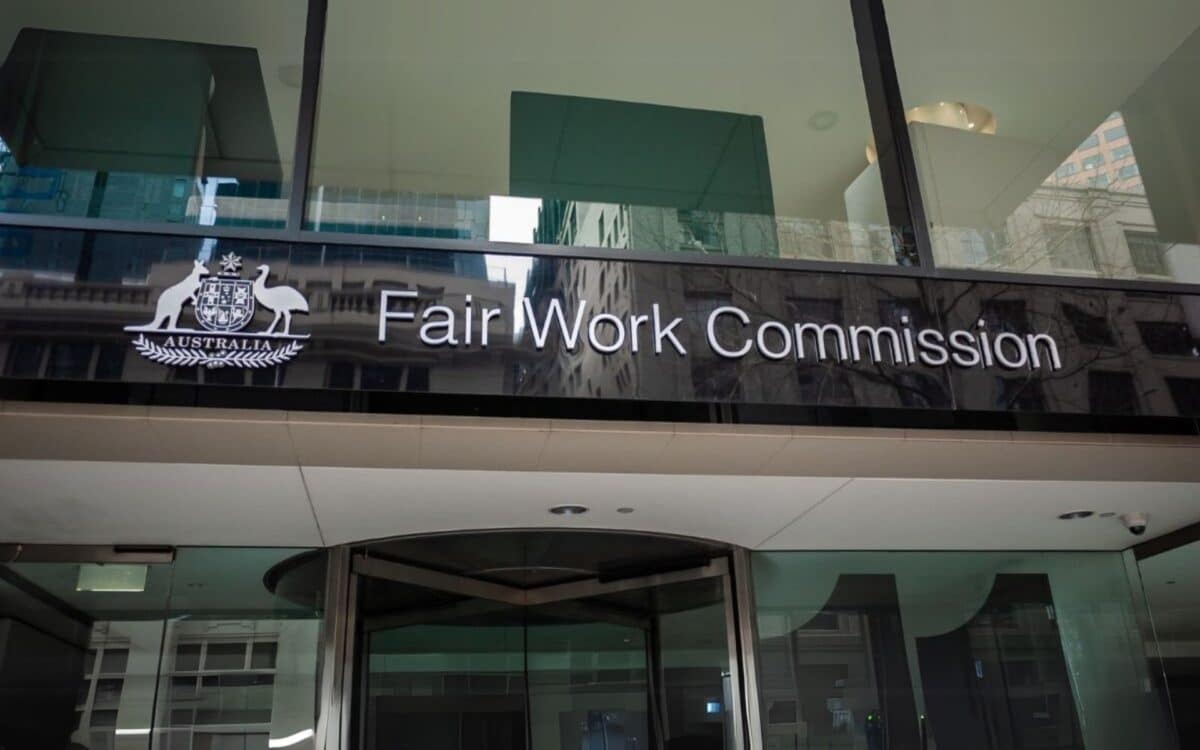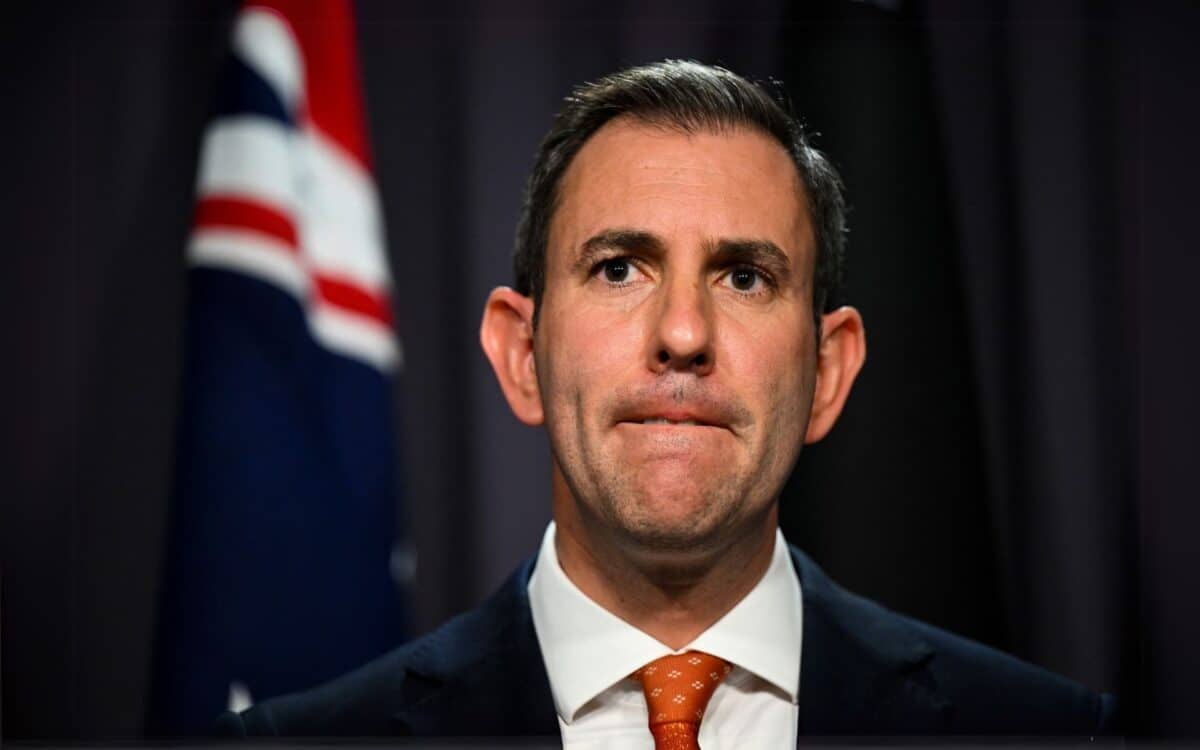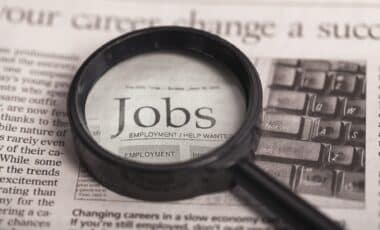The Albanese government has formally backed a proposal to increase the minimum wage, aiming to support low-income Australians facing persistent cost of living pressures.
The recommendation was submitted to the Fair Work Commission only days after the Labor Party began its second term in office, signaling continued focus on wage policy.
According to news.com.au, the submission stops short of suggesting a specific percentage, but urges a meaningful adjustment that would benefit millions of award-reliant workers.
The move aligns with broader efforts to ensure that real wages begin to outpace inflation, providing greater stability for some of the nation’s most financially vulnerable employees.
A Timely Submission Following Re-Election
Shortly after its re-election, the government lodged a formal recommendation to the Fair Work Commission, advocating for a “substantial” wage increase for Australia’s lowest-paid workers.
While the submission does not include a specific figure, the government emphasized the importance of a real wage increase to keep up with current economic conditions.
This position is both economically responsible and fair – said Treasurer Jim Chalmers and Employment Minister Amanda Rishworth.
It will ensure low paid workers can get ahead as inflation moderates and real wages continue to grow across the economy.
Wage Increases Under Labor’s Tenure
Since coming to power in 2022, the Labor government has overseen an increase of $143 per week in the national minimum wage.
As of July last year, the minimum wage was set at $24.10 per hour, or $915.90 per week. These adjustments have aimed to maintain purchasing power for workers who are often most affected by inflation.
The current recommendation builds on that trajectory, but without proposing a specific figure in the latest submission.
Union Proposal and Projected Impacts
While the government has refrained from nominating a precise rate, the Australian Council of Trade Unions (ACTU) has called for a 4.5% increase as part of the upcoming annual wage review.
If adopted, this would raise the hourly minimum wage to $25.18, resulting in a gain of approximately $2,143 per year, bringing a full-time salary to $49,770.
Roughly three million workers would benefit directly from such a change, including those in cleaning, retail, and early childhood education. These sectors are among the most reliant on award wages, which are adjusted annually by the commission.

The Fair Work Commission typically announces its decision in June, with any approved changes taking effect from July 1. This annual review process evaluates several economic indicators including inflation, productivity, and broader wage trends across the labor market.
The commission’s ruling is independent, and while stakeholder submissions like those from the government and unions are considered, they are not binding.









